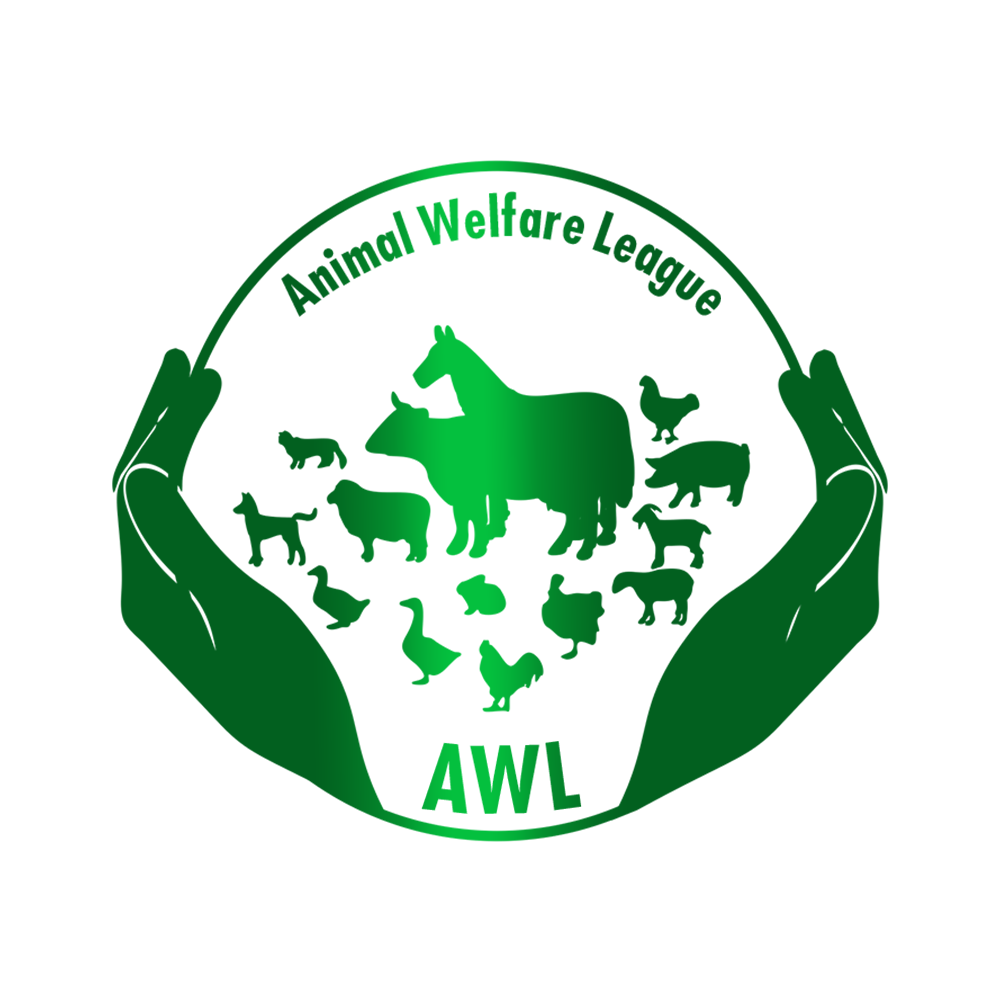Ghana's Poultry Industry Today: Research into the Economics of Cage and Cage-Free Systems
The Animal Welfare League (AWL) has been at the forefront of advocating for improved animal welfare standards in Ghana, with emphasis on the welfare of layer hens. The Ghanaian poultry industry (previously entirely cage-free like many others across the world), has seen so many changes over the years. Some of these changes include the adoption of battery cages which are often believed to improve productivity and efficiency and to increase profit margins. However, this notion lacks empirical support. To effectively challenge this prevailing belief and advocate for a transition to cage-free systems, we at Animal Welfare League recognized the critical importance of robust scientific research, an in-depth analysis into the poultry industry, taking a critical look at the battery cage system and the cage-free (deep litter) system, as we continue to advocate for the humane treatment of laying hens and the ban on cages entirely.
Understanding that the provision of a clear comparison between cage and cage-free systems will generate data-driven insights that reveal the prevailing misconceptions about cage-free systems, inform the development of targeted advocacy campaigns and policy recommendations or advise strategies that could be employed to further improve on the welfare of laying hens in Ghana, we commissioned independent researchers from the Kwame Nkrumah University of Science and Technology (KNUST) to examine the economic and practical implications of battery cages versus cage-free systems thanks to the generous support of the Tiny Beam Fund FAI grant program.
These researchers, Professor James Osei Mensah and Doctor Seth Etuah, with the distinguished Faculty of Agriculture at the Kwame Nkrumah University of Science and Technology (KNUST), bring invaluable expertise and impartiality to conducting this comprehensive analysis of the Ghanaian poultry industry. Their work includes performing an in-depth analysis to provide comprehensive economic data on battery cage and cage-free systems, enabling a clear comparison between the two systems. Primarily they are running analysis on key economic indicators, including productivity levels, cost savings, and market competitiveness, highlighting the potential benefits of cage-free systems, including reduced mortality rates, improved feed conversion ratios, and enhanced meat quality.
Gaining this understanding will improve our work at the Animal Welfare League by establishing concrete evidence that cage-free systems are both ethically sound and economically advantageous and thus laying down advocacy frameworks that will challenge the notion held by producers, industry stakeholders, and some consumers that battery cages are necessary for economic viability. This could also form the foundation for targeted advocacy efforts and creative approaches to the enhancement of layer hen welfare in Ghana and ultimately set a precedent for similar advancement across the African continent.
Next steps
The results of this independent scientific research have provided a solid foundation for our ongoing advocacy work, and we intend to use these key findings to foster dialogue with:
poultry producers
government officials through policy briefs
consumers to promote the adoption of cage-free practices.
The research report will be published in the coming weeks.






